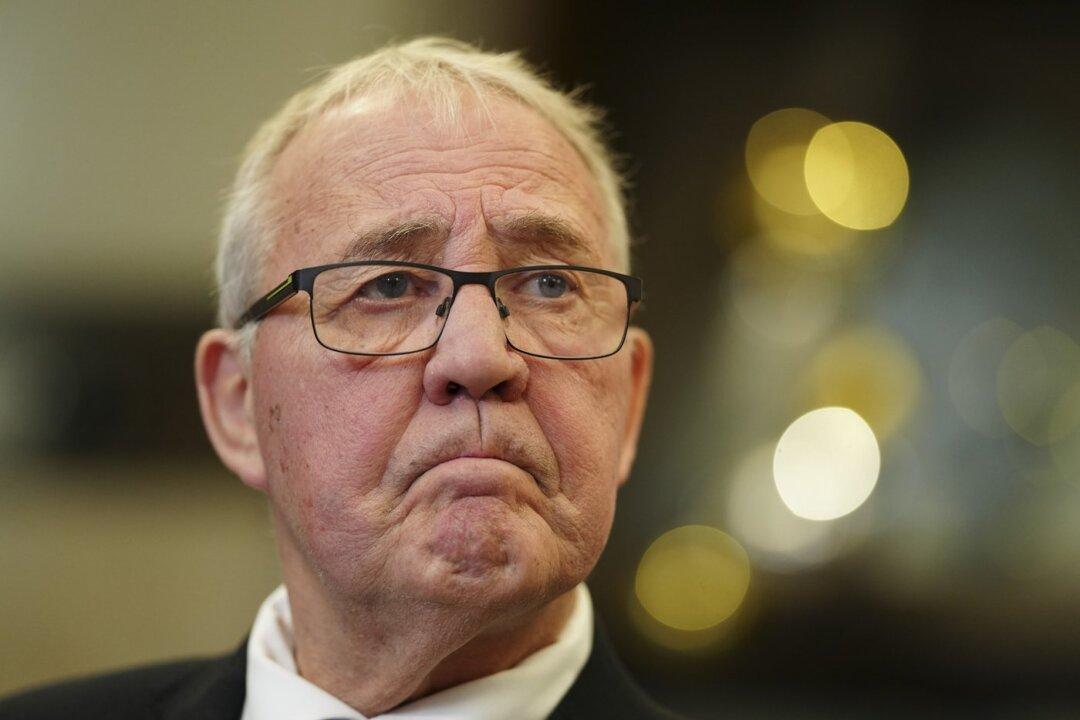Defence Minister Bill Blair says the personnel shortage plaguing the Canadian Armed Forces amounts to a “death spiral.”
“Over the past three years, more people have left than have entered,” said the minister after his speech which opened the 92nd Ottawa Conference on Security and Defence on March 7.





